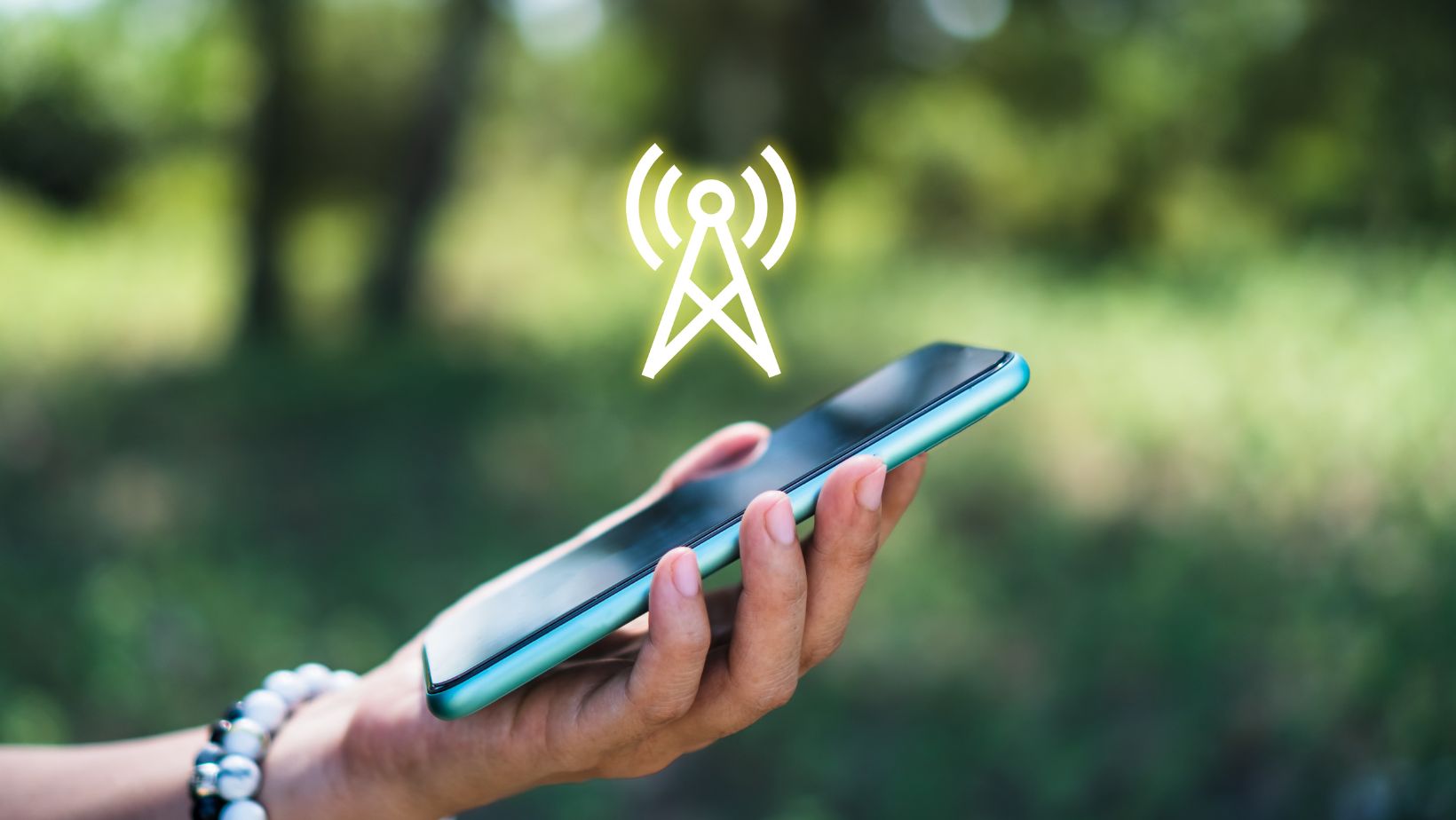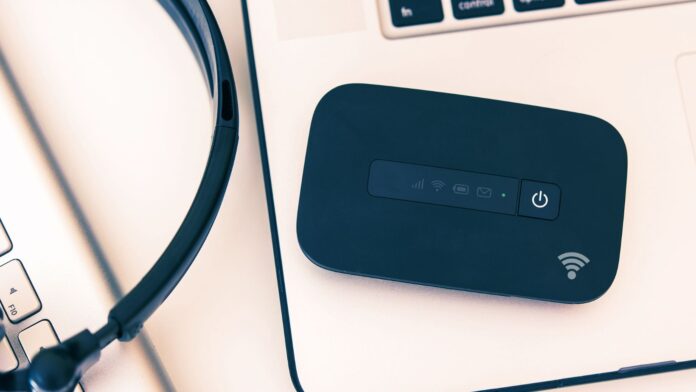How Fast is Verizon Hotspot
Wondering just how fast Verizon’s hotspot is? Well, let me break it down for you. When it comes to speed, Verizon’s hotspot offers impressive performance that can keep up with your internet needs on the go.
With Verizon’s robust network infrastructure, their hotspots provide reliable and fast connection speeds. Whether you’re streaming videos, downloading files, or video conferencing, you can expect a seamless experience without frustrating lags or buffering delays.
Verizon leverages advanced 4G LTE technology to deliver high-speed data connections to their hotspots. This means that you can enjoy blazing-fast download and upload speeds, allowing you to stay connected and productive wherever you are.
So if you’re looking for a mobile hotspot that offers both reliability and speed, Verizon has got you covered. With their powerful network and cutting-edge technology, staying connected on the go has never been easier or faster.
Factors Affecting Verizon Hotspot Speed
When it comes to the speed of your Verizon hotspot, several factors can influence the overall performance. Here are some key elements to consider:
- Network Congestion: The number of users connected to a particular cell tower can impact hotspot speeds. During peak times or in densely populated areas, network congestion may occur, resulting in slower speeds.
- Signal Strength: The quality of your connection depends on the signal strength between your device and the nearest cell tower. Obstacles such as buildings or natural barriers can weaken the signal, leading to reduced speeds.
- Device Compatibility: The capabilities of your hotspot device also play a role in determining speed. Older devices may not support the latest network technologies and could limit your overall speed potential.

Understanding Verizon’s Network Coverage
Verizon boasts one of the largest and most reliable networks in the United States, covering an extensive geographic area. However, it’s essential to remember that coverage can vary depending on your location.
- Urban Areas: In metropolitan regions with dense populations, Verizon’s network offers excellent coverage and high-speed connections for its hotspots.
- Suburban Areas: Suburban areas typically enjoy reliable coverage from Verizon as well, although speeds might fluctuate during peak usage hours due to increased demand.
- Rural Areas: While Verizon strives to provide widespread coverage even in rural locations, certain remote areas may experience limited connectivity options or slower speeds due to fewer nearby cell towers.
Comparing Verizon’s Hotspot Speed to Other Providers
In terms of hotspot speed comparison with other providers, it is important to note that real-world speeds can vary widely based on numerous factors specific to each individual user and location.
However, according to independent testing agencies such as Ookla’s Speedtest Intelligence®, Verizon consistently ranks among the top performers when it comes to mobile hotspot speeds. Their robust network infrastructure and investment in advanced technologies contribute to reliable and fast connectivity for users.
It’s worth mentioning that while Verizon may excel in certain areas, other providers might offer competitive options with comparable speeds in specific regions. It’s advisable to research local coverage maps and read customer feedbacks to determine the best provider for your unique needs.
Factors Affecting Verizon Hotspot Speed
When it comes to the speed of your Verizon hotspot, there are several factors that can influence its performance. Understanding these factors can help you optimize your connection and ensure a smoother online experience. Let’s dive into some key elements that affect Verizon hotspot speed:
- Signal Strength: One of the primary factors impacting hotspot speed is the strength of your cellular signal. The closer you are to a cell tower, the stronger and more stable your signal will be. Obstructions like walls, buildings, and other physical barriers can weaken the signal, leading to slower speeds.
- Network Congestion: Just like any other internet connection, Verizon hotspots can experience network congestion during peak usage times or in crowded areas with many users competing for bandwidth. This increased demand on the network may result in slower speeds for all users connected to that particular cell tower.
- Device Limitations: The device you’re using to connect to your Verizon hotspot also plays a role in determining the speed you’ll experience. Older devices may not support the latest wireless standards or have lower processing power, which could limit their ability to handle faster connections.
- Data Plan Restrictions: Some Verizon data plans come with certain limitations such as data throttling after reaching a specific threshold or reduced speeds during peak hours. It’s important to evaluate your plan details to understand any potential restrictions that might impact your hotspot speed.
By considering these factors and taking appropriate steps, such as finding optimal signal locations and keeping devices up-to-date, you can maximize the speed of your Verizon hotspot connection for a seamless online experience.


